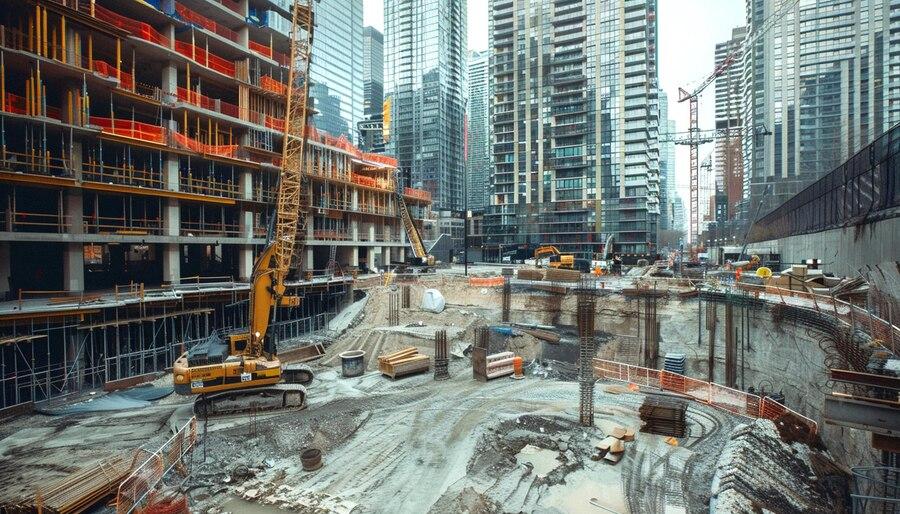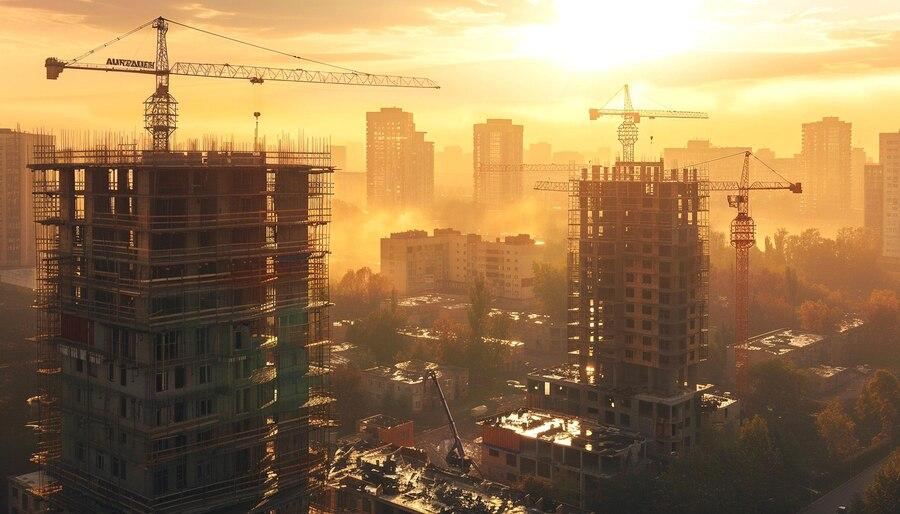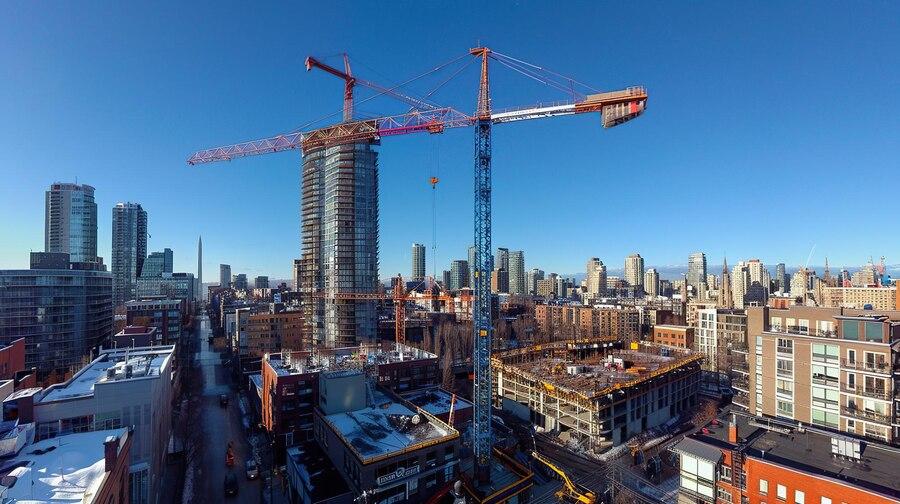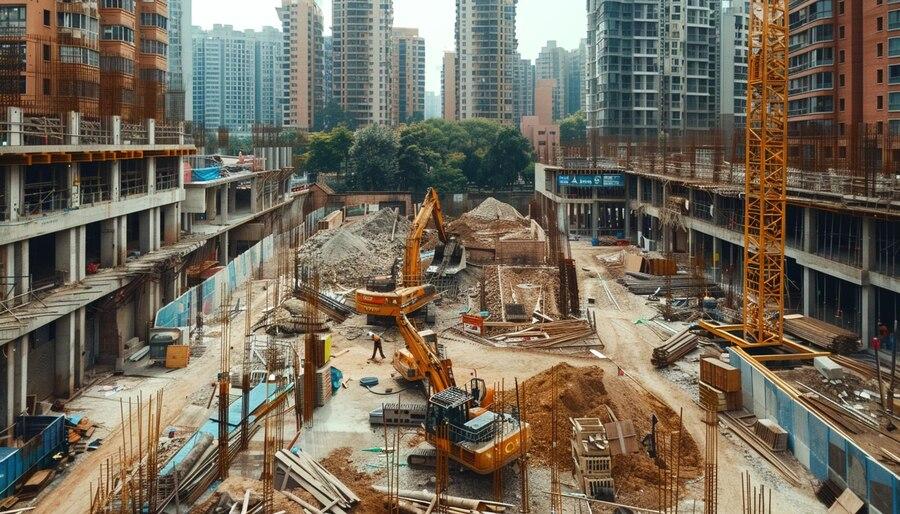

Table of Contents
- Introduction
- What is Redevelopment in Real Estate?
- Key Aspects of Redevelopment
- Benefits of Redevelopment
- Challenges in Redevelopment
- Conclusion
- Faq's
Introduction
Redevelopment in real estate refers to the process of demolishing and reconstructing or significantly renovating existing properties or areas to enhance their value, functionality, and appeal. This term encompasses various activities aimed at modernizing, repurposing, or improving properties, often to meet current market demands or address urban planning needs.
What is Redevelopment in Real Estate?
Redevelopment in real estate involves the transformation of existing properties or areas through significant renovation, reconstruction, or repurposing. This process is undertaken to enhance the functionality, aesthetics, and value of properties in response to evolving market needs, outdated infrastructure, or urban planning goals. It can include a variety of approaches, such as demolishing old buildings to construct new ones, undertaking major renovations to modernize existing structures, or repurposing properties for new uses. Additionally, large-scale urban renewal projects aim to revitalize entire neighborhoods by integrating residential, commercial, and public spaces. The goal of redevelopment is to improve property values, stimulate economic growth, enhance the quality of life for residents, and address urban challenges, making it a crucial element in shaping dynamic and modern real estate landscapes. Redevelopment in Real Estate
Redevelopment in Real Estate
Key Aspects of Redevelopment
Demolition and Reconstruction
Definition: The complete teardown of existing structures to build new ones. This approach is often taken when the existing property is outdated, structurally unsound, or no longer meets current usage needs.
Example: Replacing an old apartment building with a modern high-rise condo.
Major Renovations
Definition: Significant improvements or upgrades to existing structures, such as updating interiors, enhancing exteriors, or adding new amenities. This is suitable when the existing building is in good condition but requires modernization.
Example: Renovating an office building to include energy-efficient systems and contemporary design features.
Repurposing
Definition: Converting a property from its original use to a different one. This often involves changing the property's function to better align with current market demands.
Example: Converting an old warehouse into loft apartments or retail space.
Urban Renewal Projects
Definition: Large-scale redevelopment efforts aimed at revitalizing entire neighborhoods or districts. These projects often include residential, commercial, and public space improvements.
Example: Redeveloping a rundown industrial area into a vibrant mixed-use community with housing, shops, and parks. Aspects Of Redevelopment
Aspects Of Redevelopment
Benefits of Redevelopment
Increased Property Value
Redeveloping properties can significantly enhance their market value, making them more attractive to potential buyers or tenants.
Economic Growth
Redevelopment can stimulate local economies by creating jobs, increasing property taxes, and attracting new businesses.
Improved Quality of Life
Modernized properties and improved infrastructure can enhance the living standards for residents and create more appealing environments.
Addressing Urban Challenges
Redevelopment can help address issues such as overcrowding, inadequate infrastructure, and declining property conditions. Benefits of Redevelopment
Benefits of Redevelopment
Challenges in Redevelopment
Cost
Redevelopment projects can be expensive, involving costs for demolition, construction, and potential unforeseen issues.
Regulatory Hurdles
Navigating zoning laws, building codes, and other regulatory requirements can be complex and time-consuming.
Community Impact
Redevelopment may affect existing communities, including displacement of current residents and changes to neighborhood character. Challenges In Redevelopment
Challenges In Redevelopment
Conclusion
Redevelopment is a vital aspect of real estate that focuses on revitalizing and upgrading existing properties or areas. By improving property values, fostering economic growth, and addressing urban challenges, redevelopment plays a crucial role in shaping dynamic and modern urban landscapes. However, it also comes with challenges that need careful planning and management to ensure successful outcomes.
explore further
Latest from Encyclopedia
More from Interactions
Resources
Dwello, for every home buyer, is a way to go from 'I feel' to 'I know', at no extra cost.


